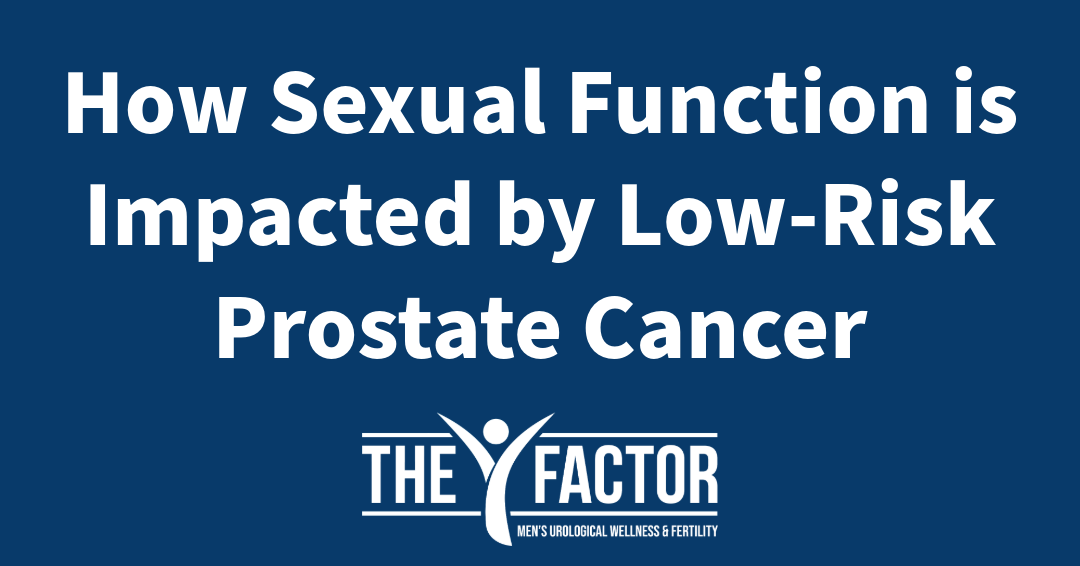How to Calculate Your PSA Density for Prostate Cancer Risk
.png)
.png)
Men over the age of 40, do you know your PSA (prostate-specific antigen) levels? This one number can identify your risk for prostate cancer and for men who have been diagnosed with low-risk, low-grade prostate cancer, you should know your PSA density. Here’s a simple formula to understand your PSA density:
Simply take your PSA number and divide it by the volume of your prostate that was measured on the ultrasound. This number should be less than 0.15. If it is greater than 0.15, then you need to visit with your urologist to talk about what risk you might have from needing more definitive treatment (surgery or radiation) on your prostate and not staying in active surveillance.
Our urological team is always here to answer questions and can help you when it comes to any questions and treatments for prostate cancer. Book your appointment at our Houston location now.

Select Your Men's Health Specialist, Book Instantly
Find expert urologists and men's health professionals who understand your unique needs.
Our streamlined platform helps you connect quickly and confidentially.
Personalized Treatment Plans
Receive tailored recommendations and therapies specifically designed to address your individual health needs.
Ongoing Support & Follow-up
Benefit from continuous care, including regular progress reviews and expert guidance throughout your wellness journey.



.jpg)
.jpg)
.jpg)





